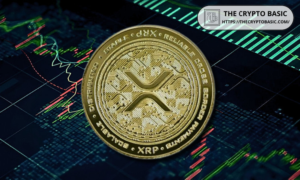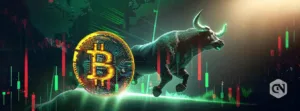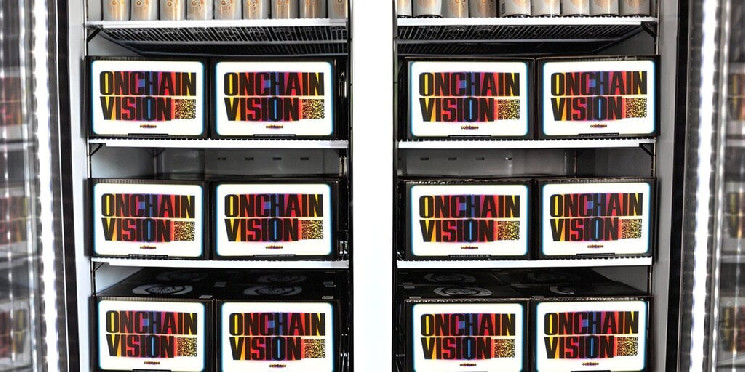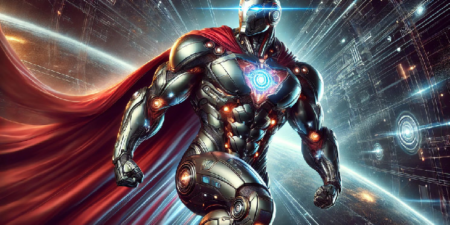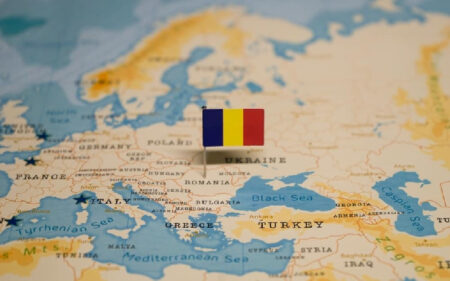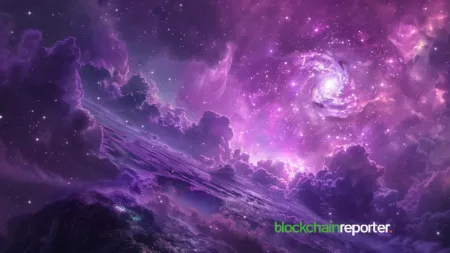On its march to bring one billion people on-chain, Coinbase is going where few crypto brands have gone before: the grocery store.
For the next six months across the United States, boxes of Liquid Death—the popular canned water brand—will feature prominent advertisements for Base, Coinbase’s Ethereum layer-2 scaling network.
QR codes on the boxes will allow shoppers to mint original on-chain artwork from a variety of digital artists. In exchange for minting the NFTs and taking Base for a spin, users will also be eligible to win physical items from artists including Felipe Pantone and Jeff Hamilton.
While some of the pieces will be free to mint, others will cost between 30 cents and a few dollars, a Coinbase spokesperson told Decrypt. All proceeds generated by these sales will be sent as crypto micropayments to the pieces’ respective artists.
Remember those 500,000 little @LiquidDeath billboards we bought?
Here’s what we used them for: bringing the world of onchain creativity to the masses while they shop for groceries. pic.twitter.com/vKlwAVAxsP
— Coinbase 🛡️ (@coinbase) August 27, 2024
“[This] serves as a simple gateway for shoppers to engage with on-chain technology, even if they don’t fully understand it yet,” the spokesperson said. “We believe that by directly connecting the experience to something as familiar as discovering a new artist, the concept and value of on-chain becomes more relatable and meaningful to the general public.”
Coinbase won the right to advertise on 500,000 Liquid Death boxes after shelling out $500,114 for the privilege in an eBay auction earlier this year, narrowly beating out the personal care brand Dude Wipes.
The retail push is part and parcel of Base’s marketing strategy, which has used initiatives like Onchain Summer to reach consumers in creative, untraditional ways. Much of that outreach has focused on themes like democratization, and an attempt to rebrand certain crypto-affiliated concepts for the masses.
The Liquid Death push, for example, is a deliberate attempt, Coinbase readily admits, to redefine NFTs in the public eye—less as the highly speculative and once-exorbitant realm of CryptoPunks and Bored Apes, and more as an accessible and affordable means to support artists of all stars and stripes the world over.
“The first wave of NFTs was dominated by outdated ideas about creativity,” the company said. “This is not the potential we’re interested in nor the end of the road for on-chain creativity.”
Edited by Andrew Hayward
Read the full article here
